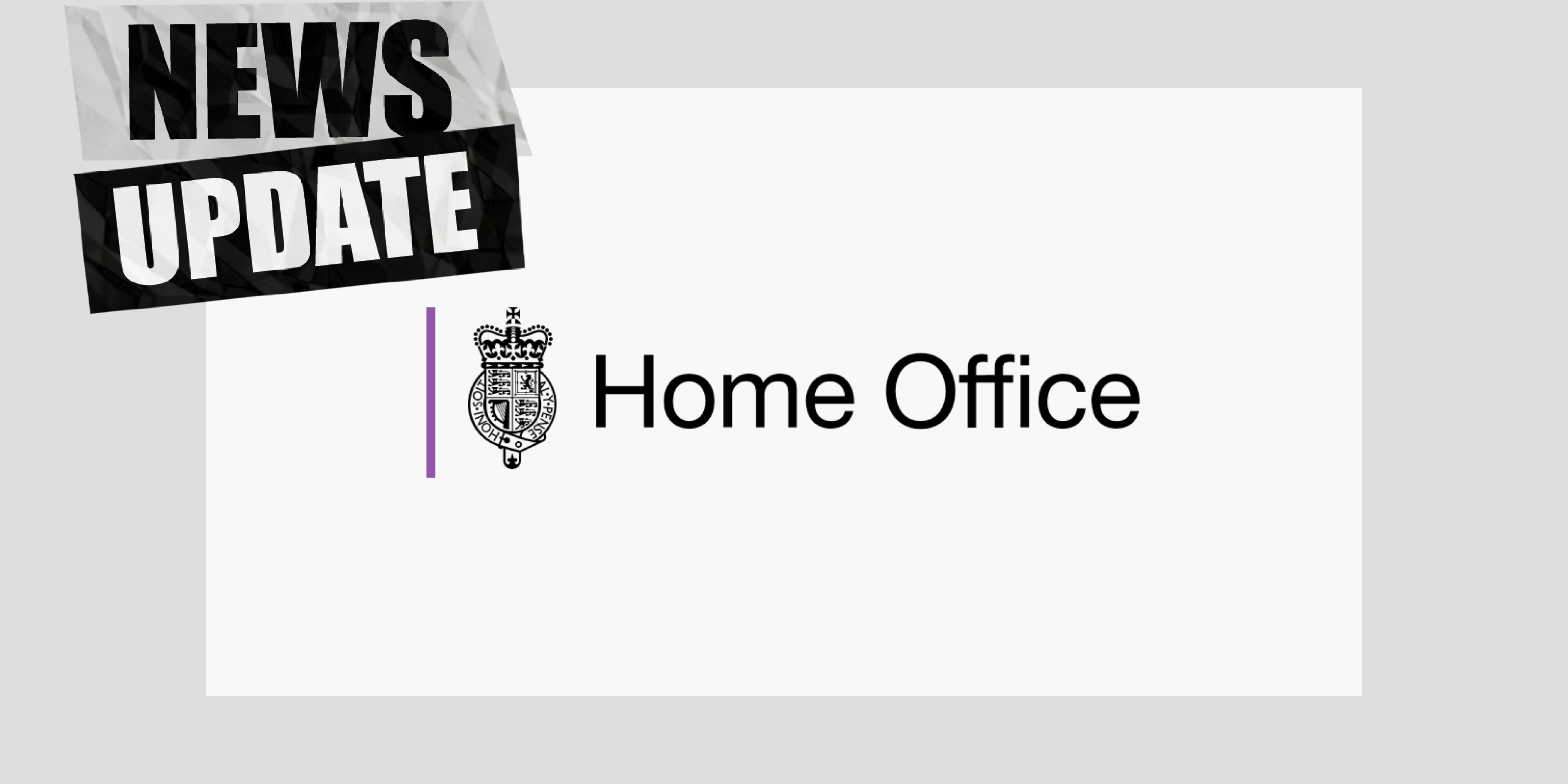The UK Home Office has placed three universities on "action plans" for student visa sponsorship, citing breaches of sponsor requirements. The University of Central Lancashire (Uclan), De Montfort University, and Nottingham Trent University are currently under scrutiny, a Times Higher Education report said quoting the department's latest records.
Action plans are imposed when institutions commit breaches that fall short of serious violations. The measures are designed to help universities improve processes to avoid further infractions and prevent the revocation of their sponsorship licenses, which are critical for enrolling international students.
While specific reasons for the action plans remain undisclosed, the assessments typically involve metrics such as visa refusal rates, student enrollment, and course completion rates. Institutions under action plans are required to pay a fee, and the corrective measures usually last between three to six months.
Action plans are a concern, particularly for large universities. Of the hundreds of institutions listed on the Home Office's student sponsor register, which includes colleges, private providers, and independent schools, only one other institution—Oxford International College Brighton—is currently subject to an action plan.
This development highlights the growing reliance of UK universities on international student revenues amid a financial crunch in higher education.
De Montfort University expressed confidence in meeting UK Visas and Immigration (UKVI) requirements. Nottingham Trent University described the action plan as part of a "routine cyclical audit" and refrained from further comment until the audit concludes. Uclan has yet to provide a statement.
A Home Office spokesperson reiterated the department's commitment to maintaining high standards to prevent abuse of the immigration system. Historically, only two UK universities have had their licenses revoked: London Metropolitan University in 2012 and Birmingham Newman University in 2018, both of which have since been reinstated.
With increasing pressure on universities to sustain their financial health, ensuring compliance with visa sponsorship requirements is likely to remain a top priority for institutions navigating this challenging landscape.



